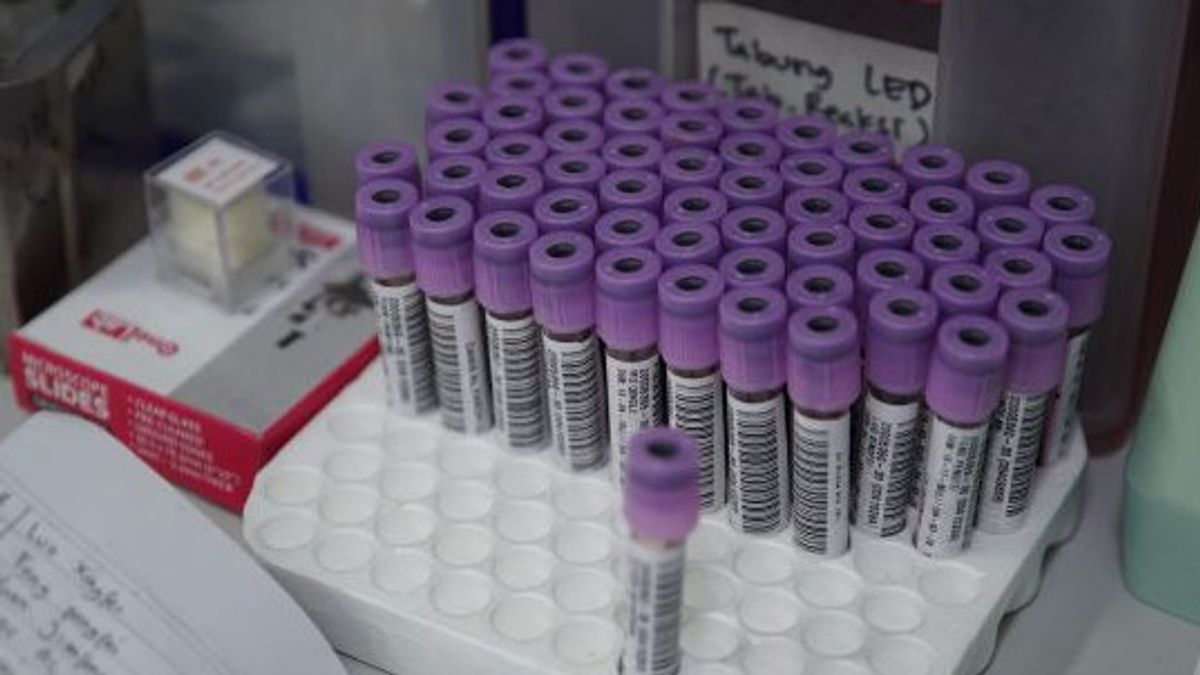JAKARTA - Head of the Eijkman Institute for Molecular Biology Amin Soebandrio said the corona virus particles could last up to 8 hours. These particles are called aerosols.
Aerosols are respiratory droplets that are very small and can still fly through the air. The spread through the air is called airborne.
"If the droplet (saliva splashes, red) comes out when people talk or sneeze, they fall directly on the floor or surface of objects. If in the air, airborne can last up to 8 hours," Amin said in a discussion at MNC Trijaya, Saturday, July 11.
Amin said, actually airborne is not new. Any discharge that comes out of the mouth and nose is called a droplet. However, these sparks are not the same size. If the liquid is large, it will immediately fall to the surface.
"But once it's small it flies. Some of the water in the droplet will evaporate. The longer it is in the air, the water content will decrease. So, the smaller the particles will be," he said.
Then, closed rooms have a greater risk of airborne transmission of COVID-19 than open spaces. Because, a closed room usually only relies on an air conditioner (AC) without air ventilation.
However, unfortunately the use of air conditioning in a closed room does not allow air circulation from outside to take turns in. So, when someone with COVID-19 sneezes and talks, airborne particles will only move indoors.
Therefore, Amin suggested that every room should have air ventilation such as windows or activities in open spaces. So, the concentration of transmission of COVID-19 can be minimized.
"It is better if there is a window that is opened so that there is a circulation of fresh air entering the hospital with a standard. Every room there must be a percentage of air rotation per hour, there is a measure," he said.
The English, Chinese, Japanese, Arabic, and French versions are automatically generated by the AI. So there may still be inaccuracies in translating, please always see Indonesian as our main language. (system supported by DigitalSiber.id)













